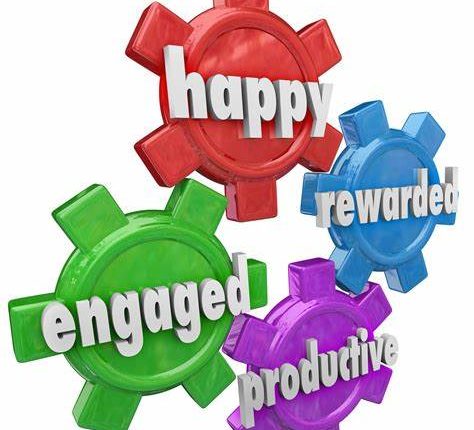Staff Engagement
Staff engagement is more important than ever in this current business travel recruitment market. And staff retention is a huge part of the current challenges that the business travel industry is facing. Please note that this engagement starts from the very beginning of the recruitment process. Business travel, as an industry, is dealing with recruitment challenges like never before so best practice is more important than ever before. Advertising the job vacancy is the first impression candidates will have of the Company. The recruitment process will then be judged, the candidate feedback will be assessed.
And how well you engage with the employee prior to their start date is just as important as once they’re on board. And speaking of onboarding…..this is your chance to make a positively memorable impression. Communicate, involve, be timely and keep it going. We are seeing a trend in the business travel industry for candidates accepting job offers then withdrawing in the run up to their start date – so engage and check in throughout that period….and beyond.
So, what is employee engagement?
An “engaged employee” is defined as one who is fully absorbed by and enthusiastic about their work and so takes positive action to further the organisation’s reputation and interests. An engaged employee has a positive attitude towards the organisation and its values. In contrast, a disengaged employee may range from someone doing the bare minimum at work (aka ‘coasting’), up to an employee who is actively damaging the company’s work output and reputation.[1]
To put it simply, are your employees happy at work and satisfied with the Company? Research has identified 12 key elements for employee engagement. These elements can help you identify ways to increase productivity, retention, and progress to a higher level of engagement.
12 Elements of Employee Engagement
1. Expectations
Employees can commit better when they understand what is expected of them – this builds mutual understanding and respect. Managers are front and centre in terms of setting expectations, enabling employees to focus on their goals and deliver results.
2. Materials and equipment
Set your employees up to succeed, not fail! Once expectations have been set, make sure that your team has any materials and equipment they need to do the job. This is so simple but often a neglected area.
3. Play to strengths
A good manager knows their team member’s strengths and weaknesses. Play to the strengths and manage around the weaker areas. By doing this, you will motivate your team member and make them feel like an individual, value and recognised.
4. Thanks!
A little thanks goes a long way! We all want to be recognised and feel appreciated for the work we do. Genuine recognition motivates employees and creates a sense of accomplishment and feeling valued. It’s so easy to focus on when things go wrong – manager need to turn a thank you into a habit.
5. It’s all about me!
No one wants to feel like they are just a number. Employees need to feel valued. Great managers know their employees as individuals – show this and show respect.
6. Career opportunity and development
A lack of growth and development is a top reason for staff moving on. Performance reviews (formal and informal) and check ins are key tools for discussing, agreeing and most importantly actioning staff training and development. Consistency must underpin these tools in order to achieve training and development goals with efficiency and authenticity.
7. What I think matters
Are you listening to your employees? Allowing staff input and opinion – and listening to them – is a huge motivator and ensures a sense of belonging. When staff feel that they contribute to a company’s success – to improved processes and performance – a company can achieve increased productivity and profitability. And post pandemic with a cost of living crisis, it’s crucial that you listen to your staff and build as many options into your support as you can.
8. Your mission, should you care to accept it…..
This is another hugely emotional element of staff engagement – understanding and sharing the company mission, the company values – where a job becomes more than just a job. It becomes a commitment on behalf of the member of staff to be part of that mission and to uphold the values. This is a hugely important consideration in particular for “younger” staff, who have a strong need and desire for corporate social responsibility.
9. We’re all in this together – equally
Everyone must be held accountable in equal measure. Standards must be set and managed by effective managers in parallel with commitment from each team member. One weak link can seriously jeopardise a lot of effort and hard work – so strong management with fair and consistent accountability is essential.
10. Team spirit
Studies show that top performing teams tend to have a common trend of creating strong, and meaningful relationships. Effective managers will actively look for opportunities to get together (in person and virtually) and encourage team members to get to know each other.
11. How am I doing?
For an employee, knowing how well they are working and if they’re on the right track is so important. Both formal and informal feedback meetings will allow the opportunity to reassure, to compliment, to mentor, to correct and to progress.
12. Progress
When employees learn and grow, companies grow. Investing in staff learning and development will always pay dividends. Many would say that the most important priority for a company is their staff (no, not the customers!) because you have to get the staff element right before you can get the customer experience just right.
Sirius Talent Solutions is the leading travel
recruitment specialist to the business travel industry and our services include
bespoke outsourced HR and Training support including staff engagement project
work. For an informal, no obligation conversation, contact us!
[1] Source: Wikipedia

